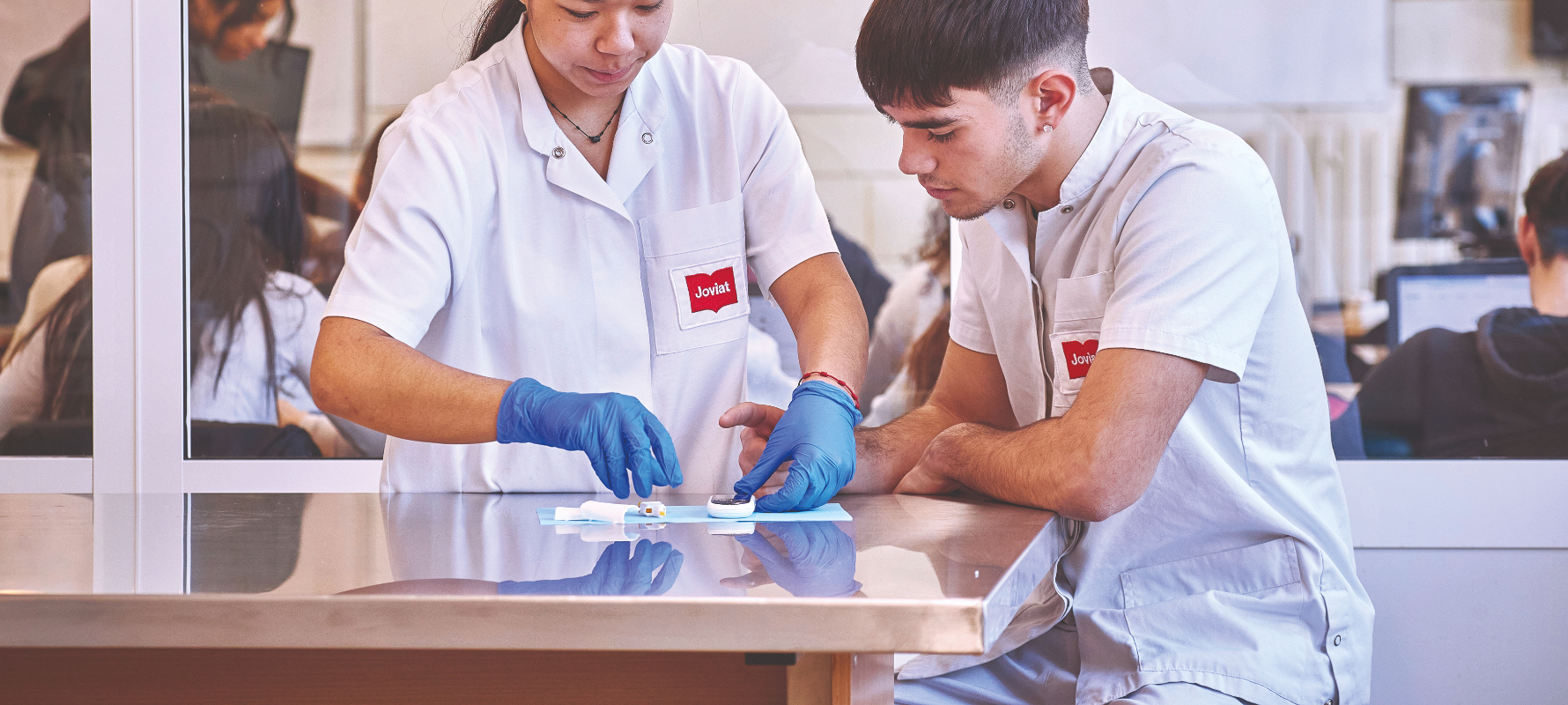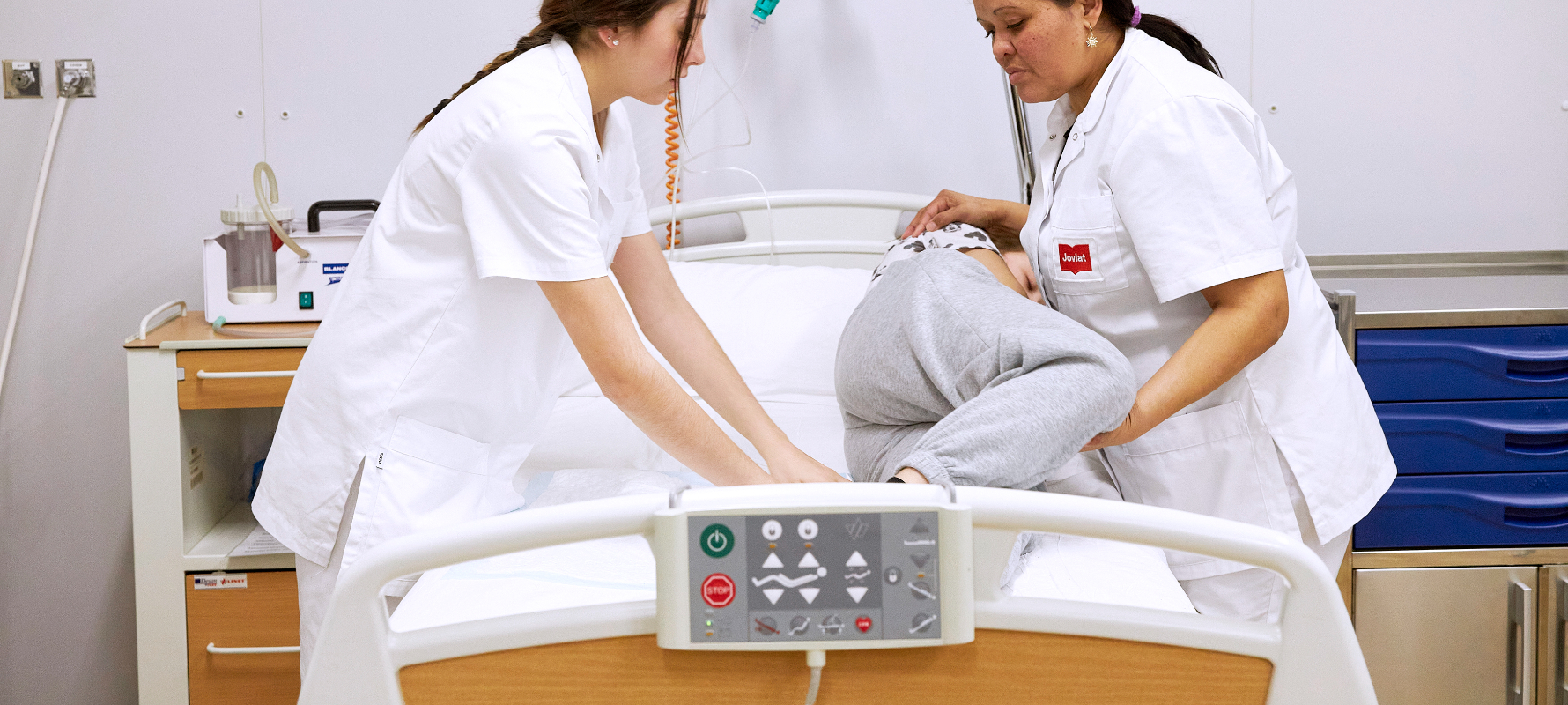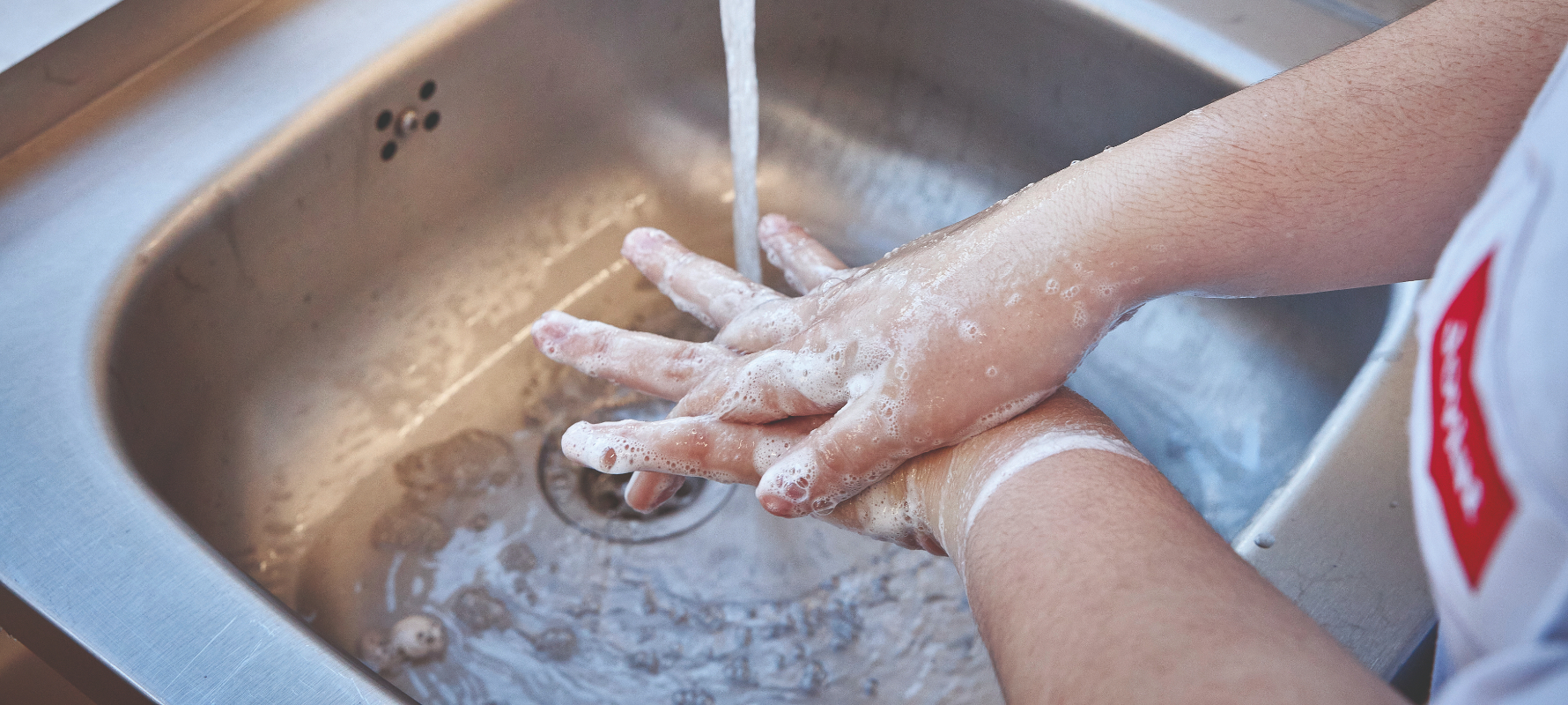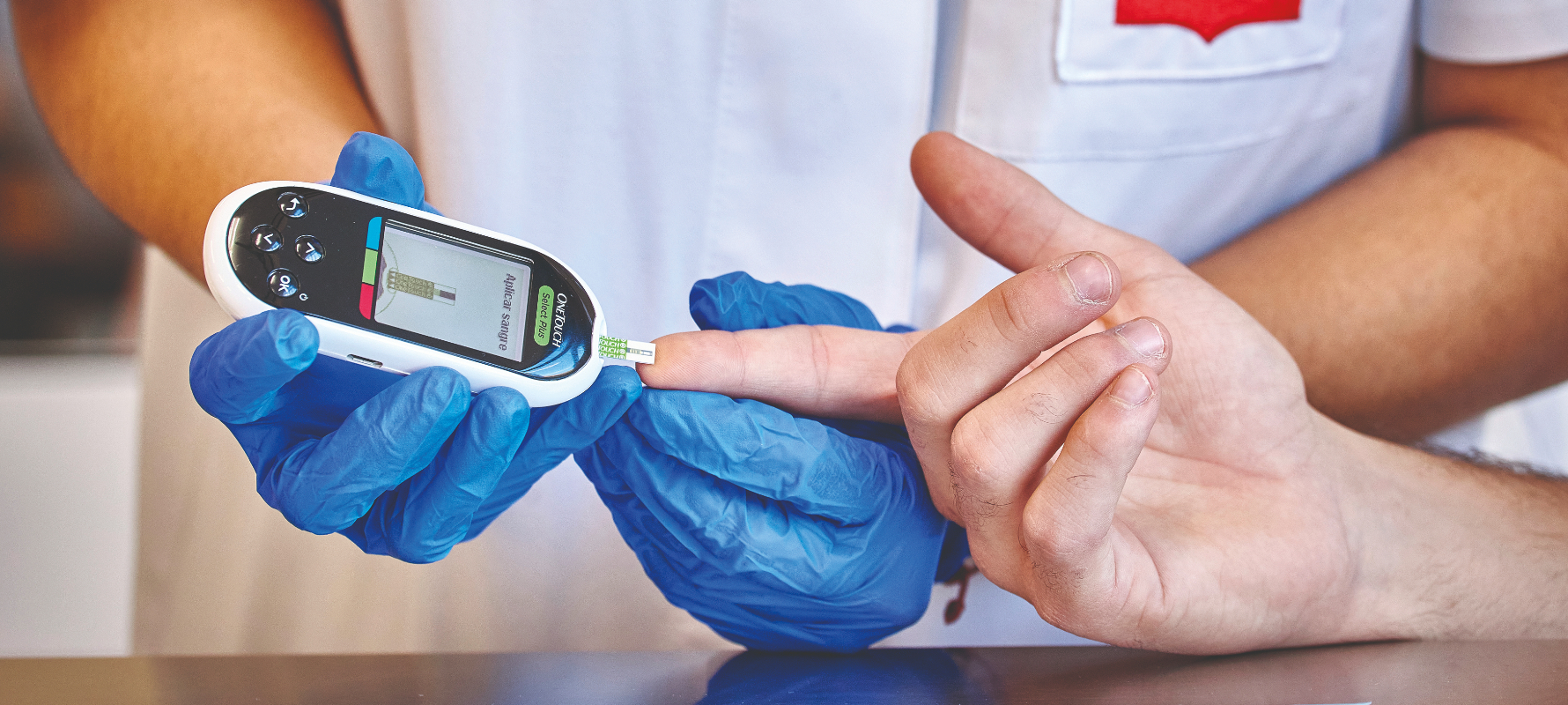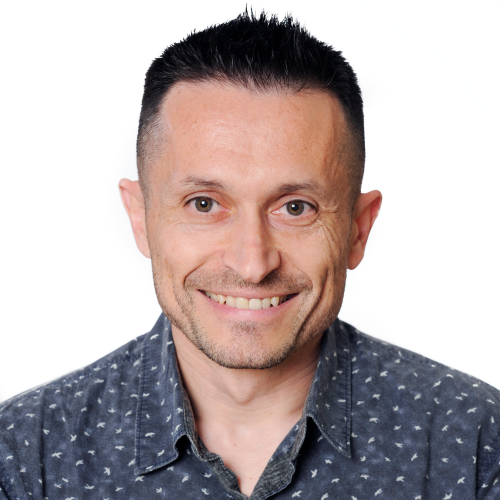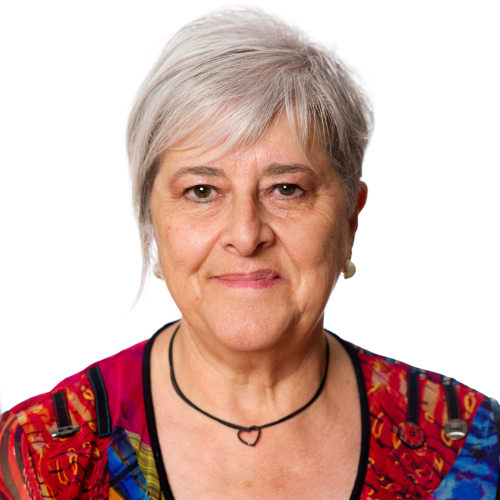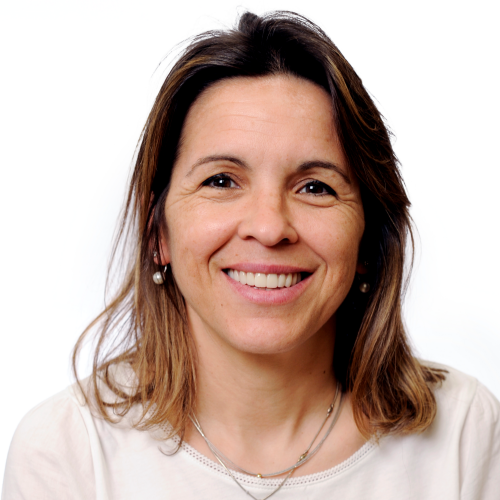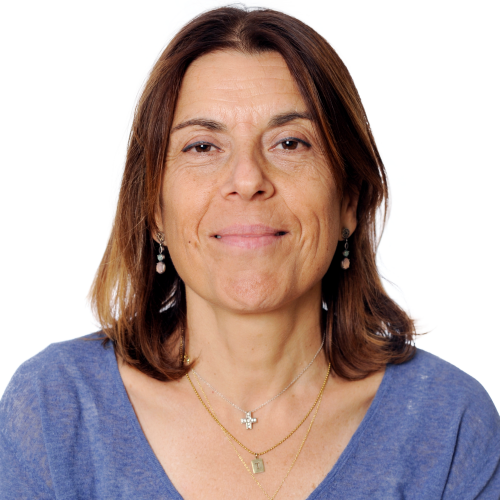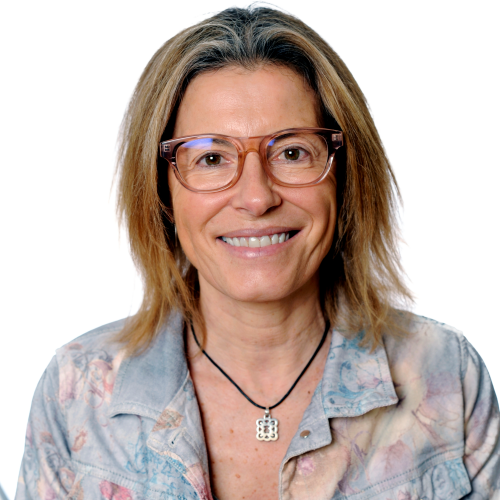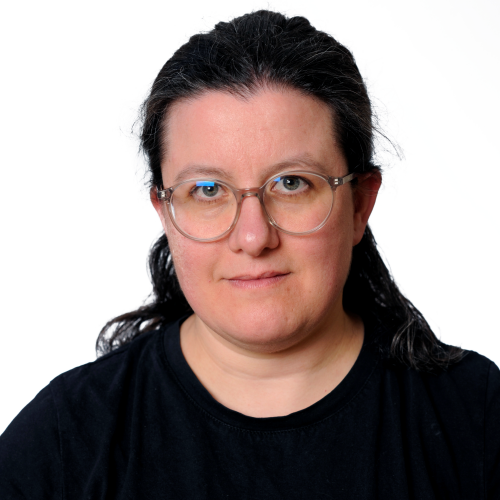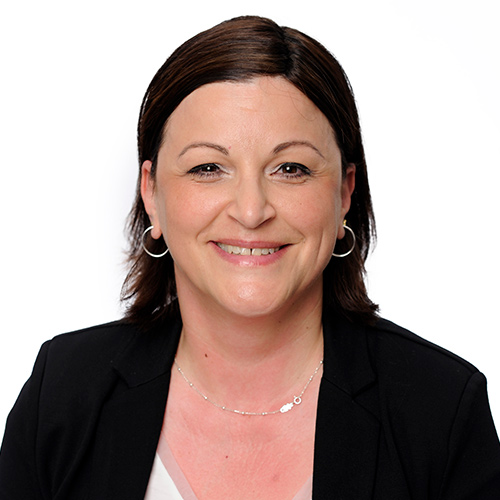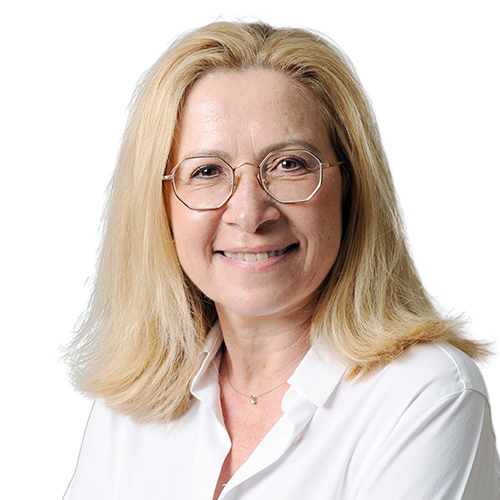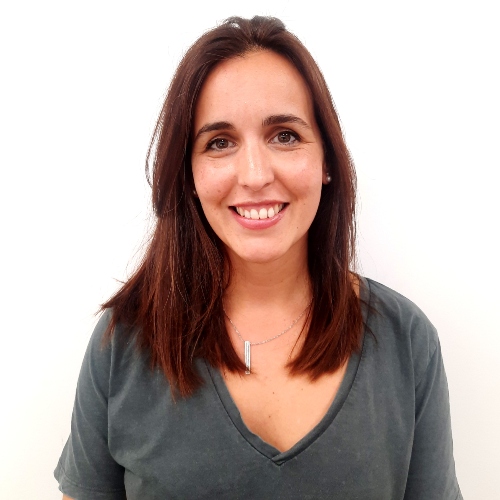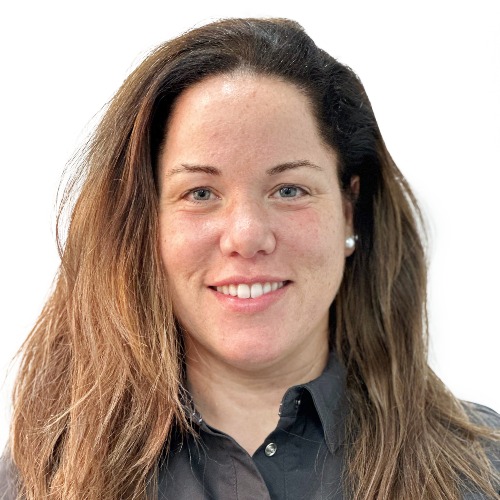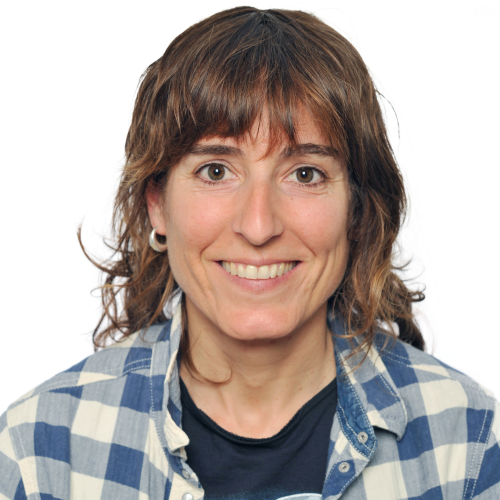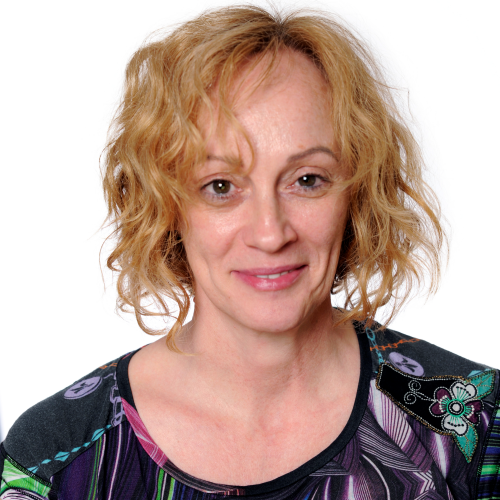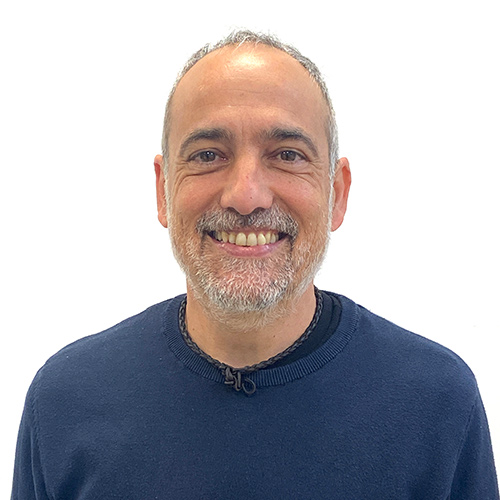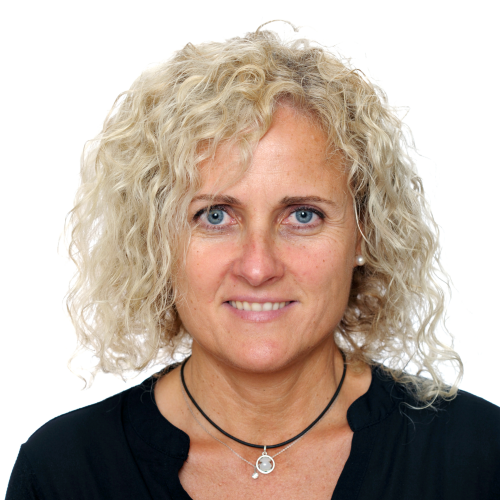| Name: | Nursing assistants |
|---|---|
| Level: | Intermediate level professional training |
| Duration of the training cycle: | 1,400 hours |
| Training in the educational center: | 990 hours |
| Training in workplaces: | 410 hours |
The Intermediate Vocational Training Cycle in Auxiliary Nursing Care offered by Joviat is designed for those who want to start a career in healthcare, providing comprehensive and practical training in health assistance.
Throughout 1,400 hours of training, including 410 hours of professional practice in real work environments, students prepare to provide essential support to nursing teams , applying basic care and maintaining the patient environment in optimal health conditions.
We place students at the center of their learning by using various active methodologies, such as problem-based learning (PBL), technical practice, simulation, role playing, cooperative work, workshops, and seminars led by external professionals. We collaborate with a wide range of specialized healthcare companies to carry out Work-Based Learning placements.
The program is delivered in a single academic year, combining theoretical subjects and practical training.
Schedules

Morning or afternoon
Morning or afternoon from Monday to Friday:
Morning: 8 to 14.15
Afternoon: 14.15 to 21h
Curriculum
Value projects
Synthesis Project
This project allows the integration of the contents worked on during the cycle with the objectives of the curriculum. The students, in groups, will plan a Health Education project with a set of workshops defined on a specific topic; and which will be carried out in different Collaborating Centers .
Ghara Project
In this project, students must provide solutions to various situations that may arise in the healthcare field.
It is a real way to bring them closer to the world of work where they will develop their professional work.
This methodology promotes content learning, as well as transversal skills, such as digital and cooperative work.
“Patient Unity” practice room
We have a fully equipped classroom (patient unit) that allows students to get as close as possible to the reality of the healthcare world.
Simulation
Simulation of real-life cases, where participants face a wide variety of scenarios and situations. This methodology is based on personal experience, which is why the human component prevails above all: the reactions, behaviors, and reflections after each experience support the person’s self-knowledge. “Simulation is for growth, and mistakes make you grow.”
Basic life support + AED
Obtaining the Basic Life Support and Defibrillation Certificate from the Catalan Resuscitation Council and European Resuscitation Council.

